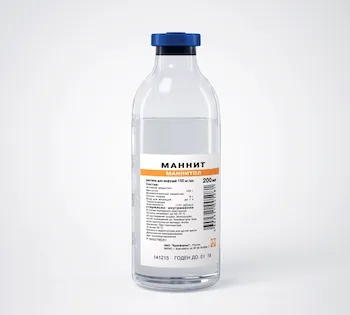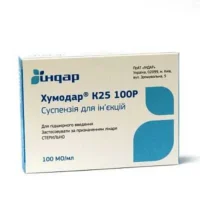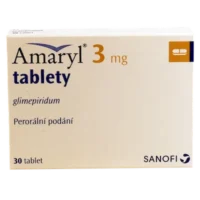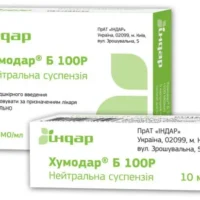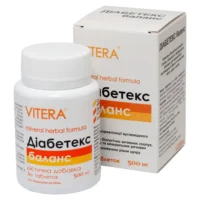Description
Mannit (Mannitol) Solution for Infusions 15% 200 ml
Ingredients
- Active ingredient: Mannitol
- Inactive ingredients: Water for injections
Dosage
Dosage: The dosage of Mannit solution for infusions is determined by the healthcare provider based on the patient’s condition and needs.
Indications
Indications: Mannit solution for infusions is indicated for the treatment of cerebral edema, acute kidney injury, and glaucoma.
Contraindications
Contraindications: Do not use Mannit solution for infusions if you are allergic to mannitol or if you have severe heart failure.
Directions
Directions: Mannit solution for infusions is administered intravenously by a healthcare professional. Follow all instructions given by your healthcare provider.
Scientific Evidence
Mannitol, the active ingredient in Mannit solution for infusions, is a sugar alcohol that works by drawing water into the kidneys to increase urine output. This mechanism helps reduce swelling and pressure inside the brain in conditions like cerebral edema. Studies have shown the effectiveness of mannitol in managing intracranial pressure and improving outcomes in patients with traumatic brain injury (TBI) (Source: Journal of Neurosurgery).
Additional Information
Mannit solution for infusions is a well-established treatment option in various medical conditions requiring osmotic diuresis. It is considered safe and effective when used as directed by healthcare professionals. It is important to monitor electrolyte levels and kidney function during mannitol therapy to prevent potential complications.
- Pharmacologically, mannitol exerts its effects by increasing the osmotic pressure of glomerular filtrate, leading to increased urine production. This diuretic action helps in reducing intracranial pressure, intraocular pressure, and promoting diuresis in conditions like acute kidney injury.
- Mannitol is known for its rapid onset of action and short duration of effect, making it a valuable agent in emergency situations.
Clinical trials have demonstrated the efficacy of mannitol in various settings, including neurosurgical procedures, ophthalmic surgeries, and critical care management. Comparative studies have shown mannitol to be equally effective or superior to other osmotic diuretics in managing cerebral edema and intraocular pressure (Source: Critical Care Medicine).

